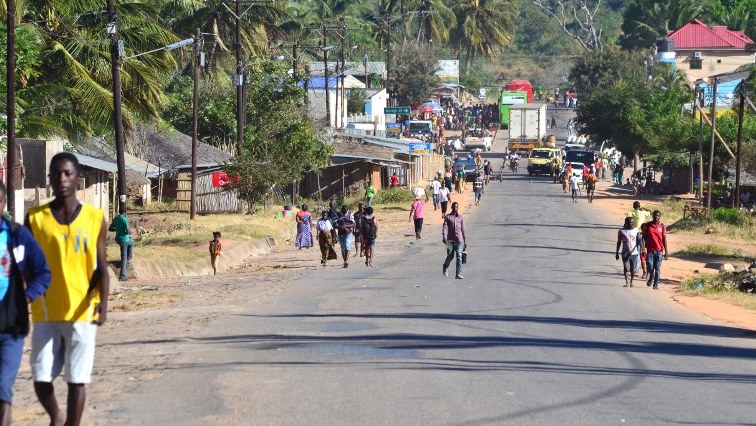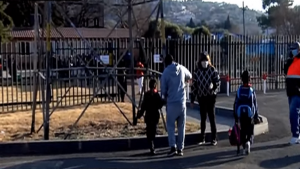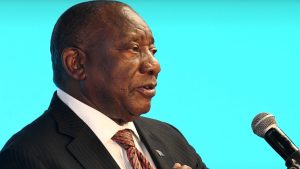Attacks and killing of civilians on the outskirts of Pemba and other towns in the Cabo Delgado province, north of Mozambique, is driving thousands of people out of their villages. Some tourism businesses are forced to close down and international companies evacuating their employees.
This after a spate of attacks since last month where more than 35 civilians have been beheaded and their houses torched allegedly by a group calling itself Al Sunnah wa Jama’ah.
Human and Civil Rights organisations are calling for the government of Mozambique as well as the African Union to intervene and come up with long lasting solutions to this scourge.
Cabo Delgado is the last province of Mozambique bordering Tanzania up in the north. From the capital city Maputo you can travel more than 1600km and more than 1h30min flight from the Maputo International Airport.
Its population of more than 2,3-million people, comprises of different ethnic groups, the Makwa, Makonde and the Mwini’s along the coastal side.
It is a province known for its attractive tourism cites, the most popular destinations being Quirimba Archipelago Islands, Quirimba National Park any many more.
About eight years ago, large reserves of natural gas were discovered. Since then, the province experienced an influx of experts and potential businesses who had shown interest on the economic development in that area.
But the recent attacks and killing of civilians in Pemba and Macimboa da Pria towns has shuttered all hopes for better economic spin offs.
The attacks started late last year, where three police stations were attacked and two police officers killed by a group of armed men.
Southern African Director at Terrorism Research & Analysis Consortium (TRAC), Jasmine Opperman has been monitoring the attacks in Mozambique since they started. She says the attacks have been fuelled by a number of factors.
“The economic, socio economic development disparities are truly disconcerting. If you look at Pemba 91 % of the people do not have basic skills; that means any economic development in that area people from the South will be brought in because they have the skills and local community do not benefit. You are sitting with ethnic tensions in that area and that you cannot exclude.”
Amnesty International Southern Africa, Media Manager, Robert Shivambu says the attacks on villagers, burning of their houses and the brutal killing of civilians by the extremist group calling itself Ahlu Sunna Wa-Jama is becoming worrying.
“As we know it right now villagers have been fleeing their homes because they are to seek places of refuge in other areas of the province. So the village is now empty as resident have fled their homes to seek safety. The village attack on 5 June in the south of Macombia District is also reported to be empty. The gruesome ways in which the killings are carried out shows the groups intent to sow fear amongst the civilians. The Mozambican authorities must immediately take effective action to end the killings.”
Jasmine Opperman is however optimistic that the country’s next year’s general elections will be held but all parties needs to come up with a permanent solution to the challenges.
The level of mistrust that is still existing in that area between the people that were formally associated with Renamo and the government is strikingly high so even if elections are going to be held people are going to be allowed to vote no matter how free and fair elections.
The fact of the matter is that the Northern and Southern Mozambique because of historical context between Renamo and Frelimo and now there’s a new manifestation of extremism that will require more than the elections.
The latest reports indicate that US petroleum companies have ordered their employees not to leave their compounds and some from other countries have already been evacuated.






